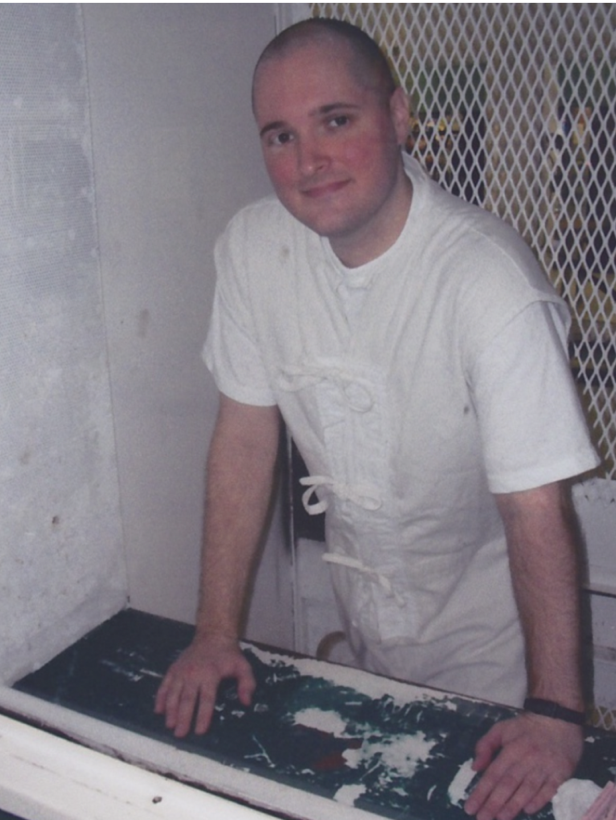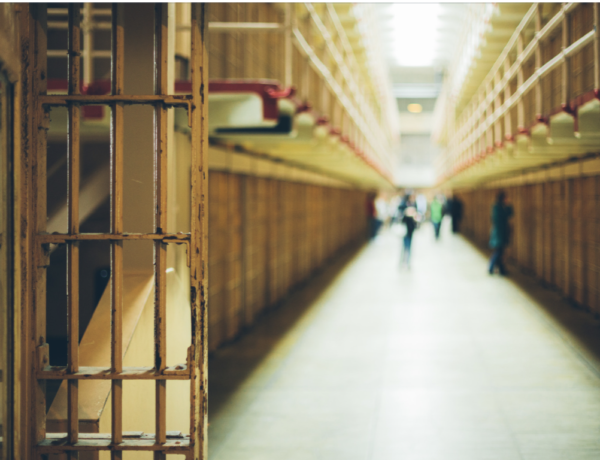We live in troubled, brutalizing days. Everywhere one looks, cruelty seems ascendant, cynicism flourishes, and entrepreneurs of the post-truth absurd attempt to move the needle on what the rest of us consider normal. Despite the grim images that pervade our screens, we here in America are actually very fortunate. Bombs aren’t falling on our heads. Our government still functions. Our economy is strong, unemployment at historic lows. And every few years, we have the opportunity to throw political leaders out the proverbial window if we feel like it. To that end, we at Minutes Before Six are bringing to you an election guide for the upcoming contest. Although as a nonprofit we cannot by law recommend specific candidates, we can write about issues we believe ought to be passed, and mention the representatives who have worked to promote such legislation in the past. We can also discuss practical information on how to register to vote, where to vote once registered, and who is allowed to vote under Texas’ increasingly byzantine statutes.
Over the next several months, we will also be analyzing a series of criminal justice reform bills that passed in 2023, as well as many which did not. We are going to hear from experts and system-impacted individuals about which bills could make a huge difference in changing the Texas criminal justice system. If you have ever read something on this site and wished for some way to transform our prisons, this is how we will do it: by informing voters, and motivating them to stand up and be counted. Real, effective, impactful change starts with who you entrust to make decisions in Austin.
If you are not a citizen of the Lone Star State, you can contribute by linking some of these essays in your social media feeds, or by emailing a link to someone you do know in this state. If you are a prisoner in another jurisdiction, we encourage you to consider conducting a similar study of the bills in your own part of the country. We are all in this together, and a rising tide does indeed lift all boats.
Let’s begin with the basics: click here to register to vote or to update your registration. You must complete this before Oct. 7 in order to vote in the November general election. It may be that some of you are incredibly disillusioned by our two political parties, and wish a pox on both houses. Fair enough. But we believe that over the course of this series, we will convince you that there are issues worth standing in line for, that real lives can be changed in drastic ways as a result of your efforts. The parties may not be worth a damn, but these issues transcend left/right dichotomies, and you will be able to go to sleep on the evening of Nov. 5 knowing you tried to help more than 100,000 human beings have a better life. If you are already convinced you will vote, why not register now? There’s no time like the present.
If you are uncertain about where to physically vote in November, you can click here to locate your polling location. If the security of our voting process concerns you, you can learn more about the Texas Civil Rights Project’s Election Protection Program here.
If you are a formerly incarcerated individual, you may be uncertain about whether or not it is even legal for you to vote. The confusion is understandable, as each state has distinct laws and processes by which your franchise is returned to you. In Texas, Election Code Section 11.002 states clearly that you can vote once you have discharged your parole. In prison terms, this means it is perfectly legal for you to show up at the polling station once you are “off paper.” You may have heard otherwise when you were inside. A rumor has circulated for years that you have to petition the governor for a pardon before your rights are restored. This is true in a number of states, but not in Texas. I know many of you left behind men and women that you care about a great deal, but don’t know how to help them. You could do nothing better to honor those bonds than by voting in representatives interested in rationalizing the TDCJ.
Real change is possible. While the legislative terrain for any kind of progressive reform is challenging in this state, we managed to eke out some victories during the 2023 session. For instance, Senate Bill 1146 related to improvements for prisoner medical transportation for women passed, with the support of Sen. Royce West (D, SD-23), Rep. Stephanie Klick (R, HD-91), Rep. Joseph Moody (D, HD-78), Rep. Toni Rose (D, HD-110), Rep. Jeff Leach (R, HD-067), and Rep. Valoree Swanson (R, HD-150). A representative of Lioness Justice Impacted Women’s Alliance will be describing the contents of this bill in an essay this coming summer, so you can see in real, practical terms what changes in the law mean to real human beings. Similarly, House Bill 2708, which was sponsored by Rep. Valoree Swanson (R, HD-150), Rep. Venton Jones (D, HD-100), and Sen. Peter Flores (R, SD-24), passed as well, which prevented the TDCJ from ever replacing in-person visits with video visits. You can imagine the negative impact on the well-being of prisoners if the system had ever managed to eliminate visitation, and this bill perfectly illustrates why we need the public to police the system.
We’ve gathered data on legislation that directly affects individuals incarcerated in the Texas Department of Criminal Justice and the lawmakers who sponsored and supported those bills. We’re going to tell you what the Good Time BIll is — and what it isn’t. We’re going to hear from experts and system-impacted individuals about the laws that can make a difference in the Texas criminal justice system. We’re honored to partner with Kristin Houlé Cuellar, executive director of the Texas Coalition to Abolish the Death Penalty, who penned this essay on Texas races for district attorney and criminal courts of appeals.
Here’s where your voice really matters. In a system where the foxes guard the henhouse, calls to a unit warden or Texas Board of Criminal Justice member don’t get far. Real, effective, impactful change starts with who you entrust to make decisions at the Texas State Capitol in Austin.
The vast majority of prisoners currently behind bars are going to return to the communities we all live and work in. The behaviors they exhibit and the ethics they follow are largely dependent upon the kinds of environments they lived in while incarcerated — and that is itself dependent upon the choices we make on the legislators that sit over our criminal justice systems. Change starts with your choice.





No Comments